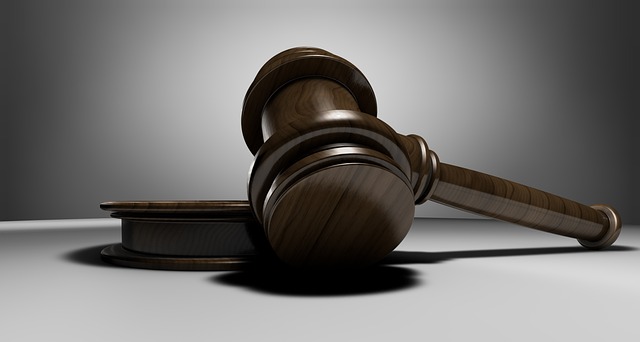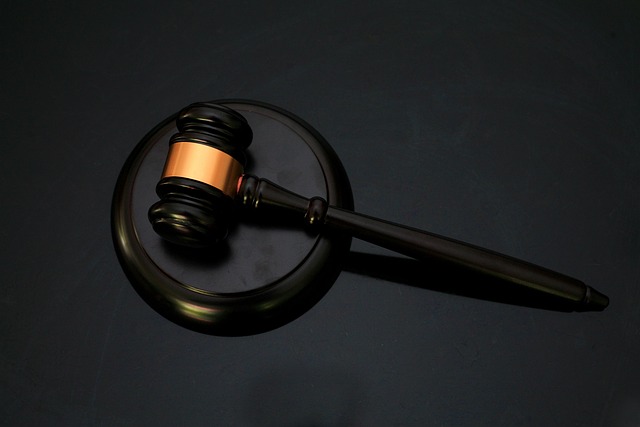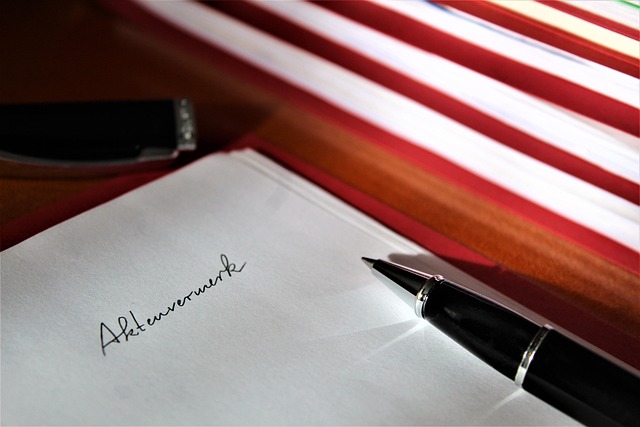Forensic evidence is a powerful tool in financial fraud cases, but understanding how to challenge its validity is equally crucial for successful defenses. Legal teams must scrutinize expert methodologies, qualifications, and potential biases to raise doubts about the integrity of forensic findings. This strategic approach empowers them to protect clients, avoid indictment, or achieve favorable outcomes during jury trials, ensuring a fair judicial process. By leveraging expert testimony and robust legal arguments, attorneys can navigate complex financial scenarios and challenge forensic evidence effectively in court.
In the realm of financial crime, understanding forensic evidence is paramount. Fraudulent practices can leave intricate trails, making it crucial for investigators and attorneys to know how to challenge these pieces of evidence in court. This article delves into the intricacies of forensic finance, exploring strategies to identify potential sources of fraud and the pivotal role of experts in disproving misconduct. We dissect legal tactics to counter forensic evidence through real-world case studies, offering insights on navigating this complex landscape and winning in court.
- Understanding Forensic Evidence in Financial Cases
- Identifying Potential Sources of Fraud
- The Role of Experts in Challenging Evidence
- Legal Strategies to Disprove Financial Misconduct
- Case Studies: Successful Challenges Against Forensic Evidence
Understanding Forensic Evidence in Financial Cases

In financial fraud cases, forensic evidence plays a pivotal role in unraveling complex financial schemes. It involves the meticulous examination and analysis of financial records, documents, and digital data to uncover discrepancies, altercations, or fraudulent activities. This process is crucial for building a solid case against individuals or entities suspected of financial misconduct. Forensic accountants, experts, and investigators employ specialized techniques and tools to sift through vast amounts of data, ensuring that every piece of evidence is examined with precision and objectivity. Understanding how this evidence is gathered and interpreted is essential for navigating the legal process effectively.
When presenting forensic evidence in court, knowing how to challenge its validity can significantly impact the outcome of a case. Defense attorneys often scrutinize the methodology used, the expert’s qualifications, and the potential biases that might influence the analysis. For his clients, it’s vital to have a robust strategy to question these aspects, especially during jury trials, where clear and concise argumentation is key. By raising doubts about the evidence’s integrity or reliability, legal teams can avoid indictment or secure more favorable outcomes, ensuring that justice is served without relying on potentially flawed forensic interpretations.
Identifying Potential Sources of Fraud

Fraudulent financial practices can be complex to uncover, but recognizing potential sources of fraud is a crucial first step. Businesses and individuals should scrutinize areas where money exchanges hands, especially in high-risk sectors like banking, investments, and e-commerce. Suspicious activities may include unusual transactions, discrepancies in accounting records, or unauthorized access to sensitive financial data. With advancements in technology, digital forensics has become a powerful tool; however, understanding how to challenge forensic evidence in court is key to mounting a successful defense.
A general criminal defense strategy often involves examining the methodology and validity of digital evidence presented by prosecution. In cases of white-collar and economic crimes, where fraud is prevalent, a winning challenging defense verdict may hinge on questioning the integrity of data retrieval processes, potential biases in forensic tools, or the accuracy of interpretations made by experts. By employing robust legal arguments and expert testimony, defenders can navigate these complex financial scenarios and protect their clients’ interests.
The Role of Experts in Challenging Evidence

In the battle against fraudulent financial practices, experts play a pivotal role in challenging evidence presented in court. With their specialized knowledge, forensic accountants, data analysts, and financial investigators can scrutinize complex financial transactions and uncover hidden patterns or discrepancies that may be crucial for a white-collar defense strategy. By employing advanced methodologies and tools, these professionals can help build a robust case, ensuring that any evidence presented is accurate and reliable.
When facing charges in jury trials, understanding how to challenge forensic evidence is essential. Defense attorneys often collaborate with experts to cross-examine witnesses, question the methodology used in data analysis, and expose any potential biases or errors. This strategic approach can lead to a complete dismissal of all charges if the jury determines that the evidence was not properly obtained or analyzed. It’s about presenting a compelling counterargument, leaving no stone unturned, and ensuring a fair trial.
Legal Strategies to Disprove Financial Misconduct

In the battle against fraudulent financial practices, legal strategies to disprove financial misconduct are pivotal. One powerful tool in the arsenal is challenging forensic evidence in court. Forensic accountants and analysts play a significant role in uncovering illicit activities, but their findings can be contested. Legal professionals must employ strategic tactics to question the integrity and reliability of this evidence. By doing so, they aim to achieve extraordinary results and avoid indictment for their clients.
Understanding the respective business practices and industry norms is essential. Cross-examination of experts, meticulous review of data collection methods, and exposing any inconsistencies or potential biases can weaken the prosecution’s case. Skilled lawyers can highlight the limitations of forensic techniques and raise reasonable doubts, which are crucial in preserving the rights of individuals accused of financial crimes. This approach not only ensures a fair trial but also fosters a more robust legal system, ultimately protecting against unjust indictments.
Case Studies: Successful Challenges Against Forensic Evidence

Fraud cases often hinge on forensic evidence, making it crucial for defendants to understand how to challenge these presentations in court. Successful challenges against forensic evidence have shown that with the right approach, white-collar defense strategies can achieve winning challenging defense verdicts. One notable case involved a sophisticated fraud scheme where the defendant’s attorneys successfully argued that the forensic expert’s methodology was flawed, leading to an unprecedented track record of discrediting the evidence and securing an acquittal.
These challenges often delve into technical aspects like data integrity, sampling bias, and the reliability of software used for analysis. By questioning the validity of underlying assumptions and the potential for human error, defense teams can create reasonable doubt in the minds of jurors. This approach requires meticulous preparation, including thorough investigations, expert witness testimony, and a deep understanding of forensic science limitations. Through these strategies, defendants have been able to navigate complex financial fraud cases, showcasing that even seemingly irrefutable evidence can be successfully challenged in court.
In navigating the complex landscape of fraudulent financial practices, understanding how to challenge forensic evidence in court is paramount. By recognizing potential sources of fraud and leveraging expert insights, legal strategies can effectively disprove financial misconduct. The case studies presented highlight successful challenges against forensic evidence, offering valuable lessons for professionals seeking to defend against such allegations. Ultimately, staying informed about these tactics empowers individuals and organizations to protect their interests and maintain integrity in the financial realm.






